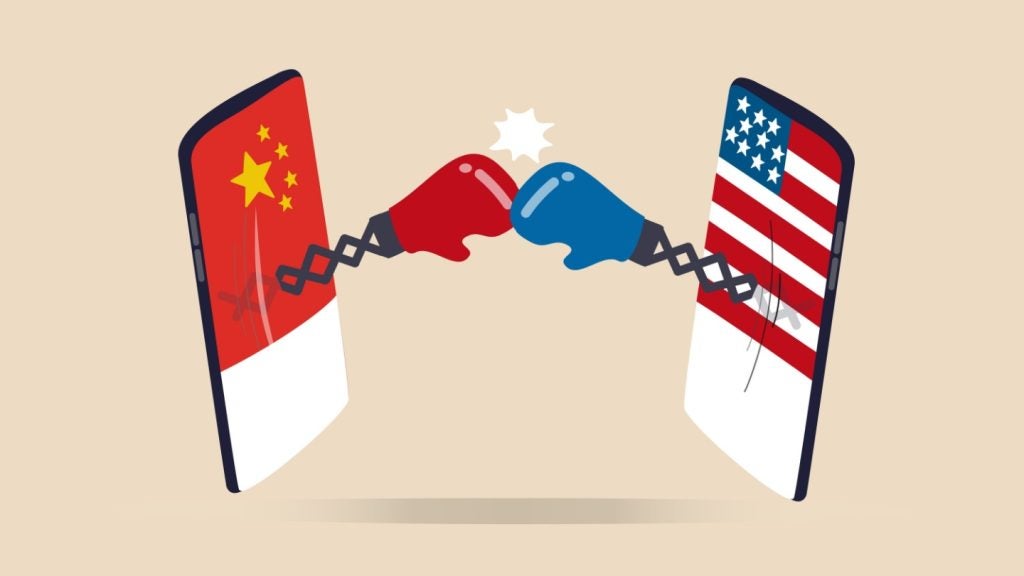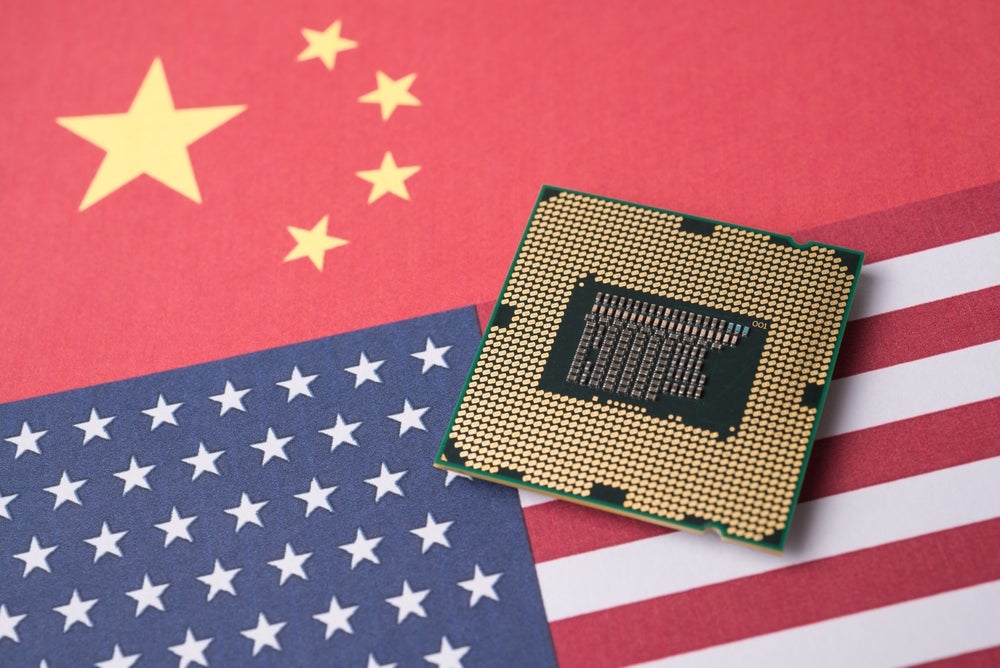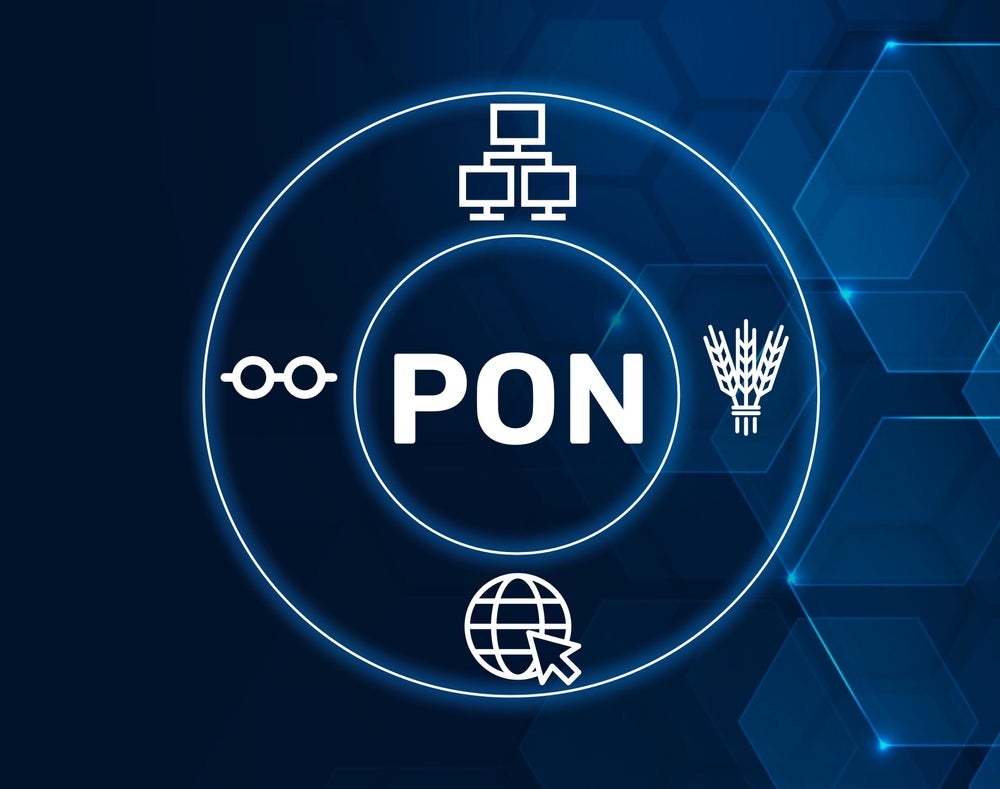The technology industry continues to be a hotbed of patent innovation. Activity is driven by the escalating concerns over data privacy, particularly in industries handling sensitive information like healthcare and finance, the increasing adoption of blockchain technology across various sectors and growing importance of technologies such as cryptographic protocols like zero-knowledge proofs and secure multi-party computation algorithms, drives the demand for more advanced and secure computational methods. In the last three years alone, there have been over 1.5 million patents filed and granted in the technology industry, according to GlobalData’s report on Blockchain in technology: multiparty computation blockchains. Buy the report here.
According to GlobalData’s Technology Foresights, which uses over 1.6 million patents to analyze innovation intensity for the technology industry, there are 185+ innovation areas that will shape the future of the industry.
Multiparty computation blockchains is a key innovation area in blockchain
Multiparty computation blockchains utilize blockchain technology for secure collaborative computing, where multiple parties work together to compute a specific function while safeguarding their individual inputs. This integration amalgamates the strengths of blockchain, including security, transparency, and immutability, with the capabilities of multiparty computation.
GlobalData’s analysis also uncovers the companies at the forefront of each innovation area and assesses the potential reach and impact of their patenting activity across different applications and geographies. According to GlobalData, there are 805+ companies, spanning technology vendors, established technology companies, and up-and-coming start-ups engaged in the development and application of multiparty computation blockchains.
Key players in multiparty computation blockchains – a disruptive innovation in the technology industry
‘Application diversity’ measures the number of applications identified for each patent. It broadly splits companies into either ‘niche’ or ‘diversified’ innovators.
‘Geographic reach’ refers to the number of countries each patent is registered in. It reflects the breadth of geographic application intended, ranging from ‘global’ to ‘local’.
Patent volumes related to multiparty computation blockchains
Source: GlobalData Patent Analytics
Among the companies innovating in multiparty computation blockchains, nChain is one of the leading patents filers. The company’s patents are aimed at describing a method for transferring access to a digital asset that involves each of several second participants receiving a first blockchain transaction from a first participant. The first participant possesses the initial private key of a first private-public key pair in a cryptography system, while each participant holds their respective share of a second private key in a second private-public key pair within the same system. This first blockchain transaction bears the signature of the first private key. Subsequently, each second participant verifies the signature. They then apply their respective first share to the first blockchain transaction, resulting in a corresponding second share for a second blockchain transaction, which is signed with the second private key. For a signature to be possible, a first threshold number of second shares is required, rendering it inaccessible with fewer than this threshold number. The signature is generated by combining the first threshold number of second shares from the first participant and a majority of the second participants. Other prominent patent filers in the space include Alibaba Group and Advanced New Technologies.
In terms of application diversity, nChain leads the pack, while Alibaba Group and Nippon Telegraph and Telephone stood in second and third positions, respectively. By means of geographic reach, Nasdaq held the top position, followed by nChain and TripleBlind.
Multiparty computation blockchains enable multiple parties to collaboratively compute functions while keeping their inputs confidential. This innovation addresses critical concerns regarding data privacy, particularly in industries dealing with sensitive information. By combining the strengths of blockchain technology, including security and transparency, with multiparty computation, these blockchains establish a powerful framework for secure collaborative computations. This technology has the potential to revolutionize how sensitive information is handled, offering a trustworthy and decentralized solution in an increasingly digitalized world.
To further understand the key themes and technologies disrupting the technology industry, access GlobalData’s latest thematic research report on Blockchain.
Data Insights
From

The gold standard of business intelligence.
Blending expert knowledge with cutting-edge technology, GlobalData’s unrivalled proprietary data will enable you to decode what’s happening in your market. You can make better informed decisions and gain a future-proof advantage over your competitors.







